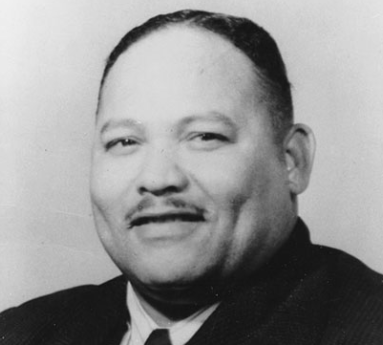
Reverend George Lee.
Rev. George Washington Lee, one of the first African Americans registered to vote in Humphreys County, Mississippi since Reconstruction, used his pulpit and his printing press to urge others to vote.
Lee was head of the Belzoni, Mississippi NAACP. After countless threats against his life and demands that he remove his name from the voting rolls, Lee was murdered on May 7, 1955.
History News Network reports in “The Grim and Overlooked Anniversary of the Murder of Civil Rights Activist the Rev. George W. Lee“:
In April, Lee was one of the speakers at the Council’s annual meeting, which drew a crowd of more than seven thousand to the all-Black town of Mound Bayou. Simeon Booker of Jet, observed how Lee’s “down-home dialogue and his sense of political timing” had “electrified” the crowd. “Pray not for your mom and pop,” Lee suggested. “They’ve gone to heaven. Pray you can make it through this hell.”
Less than a month after this speech, on May 7, 1955, a convertible pulled alongside Lee’s car just before midnight. An unidentified assailant fired three shot-gun blasts shattering his jaw and driving him off the road. Lee died before he could make it to the hospital. The attack came days after he had received a threatening note demanding that he drop his name from the voting rolls. An autopsy extracted lead pellets from his face that were consistent with buckshot. The sheriff, who wanted to call it a traffic accident and close the case, claimed that they were dental fillings torn loose by the impact of the crash.
Here is background about Lee from the Mississippi Civil Rights Project website:
A savvy businessman, Lee exemplified an earlier generation of activists who solidified successful businesses and then used this as a launching pad for community activism. As the pastor of a Baptist Church, an operator of a printing press, and an active member of the NAACP, Reverend George Lee made his mark on the community once referred to as “Bloody Belzoni.”
He was also the first African-American to register to vote since Reconstruction in Humphreys County, where Black people were a majority of the population. In 1953, Lee and Gus Courts co-founded the Belzoni branch of the NAACP. As early as 1954, Rev. Lee was heavily involved in the local voter registration drives. Working along side Courts, who was elected NAACP president, they successfully registered 92 new African-American voters. Both Courts and Lee also ran small grocery stores.
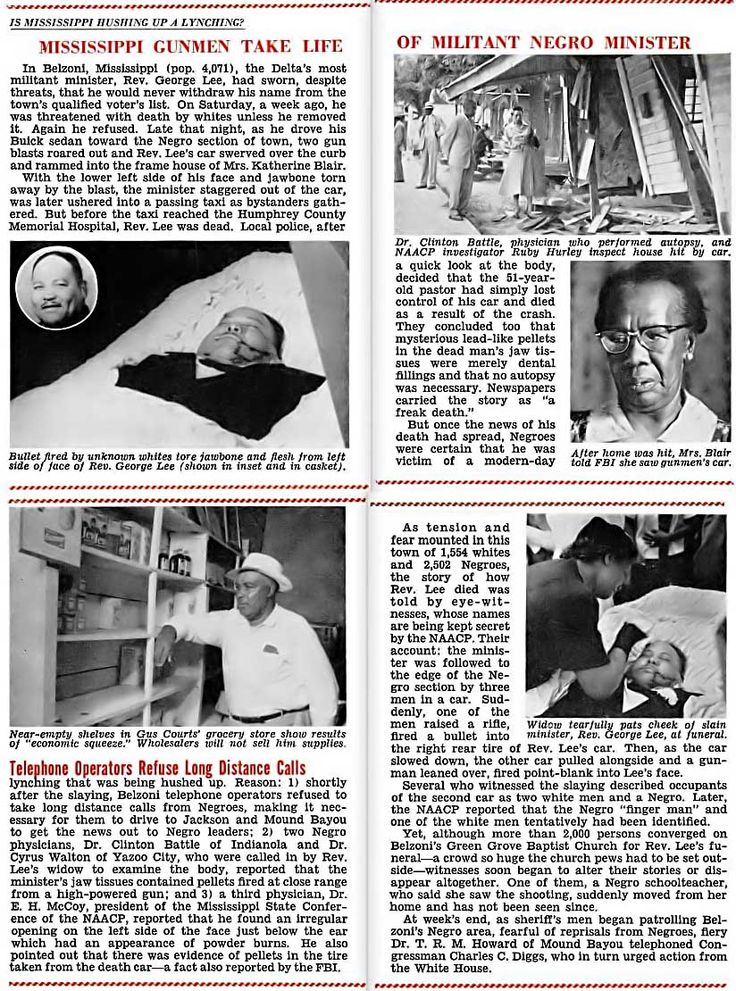
“Is Mississippi Hushing Up a Lynching? Rev. George Lee Murdered in Belzoni” in Jet Magazine article, May 26, 1955.
After years of attempts, both Courts and Lee were allowed to pay poll taxes and sign the register, once the county sheriff feared federal prosecution.
George Lee also served as the vice president of the Regional Council of Negro Leadership, a leading Black organization advocating a message of self-help, business, and civil rights. Headed by T. R. M. Howard, one of the wealthiest Black people in the state, the Council staged a successful boycott of gas stations that refused to install restrooms for Black people. Medgar Evers worked as an organizer.
In response to their voter registration efforts, Lee and Courts soon became prime targets of the Belzoni Citizens’ Council. Refusing to bow down to intimidation, Lee once refused an offer of protection extended by white officials on the condition that he cease his voter registration efforts. Similarly, Courts was ordered by his banker to turn over all NAACP books or leave town. Courts stood his ground, and went on to testify before a Congressional Committee about voter intimidation by the Citizen’s Council and his experiences.
One of the people sent to investigate his murder was Medgar Evers, who was murdered on June 12, 1963.
Lee’s widow, Rosebud Lee, decided to hold an open-coffin ceremony for her late husband. This decision planted the seeds for a similar decision by Mamie Till Mobley, Emmett Till’s mother.
See the 43 minute documentary, the Rev. George Lee Case on Vimeo by Keith Beauchamp and read the Mississippi Freedom Trail Waymarker.
Rev. George W. Lee Case from Keith Beauchamp on Vimeo.

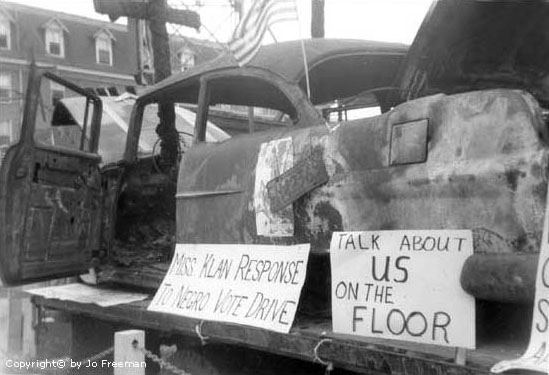
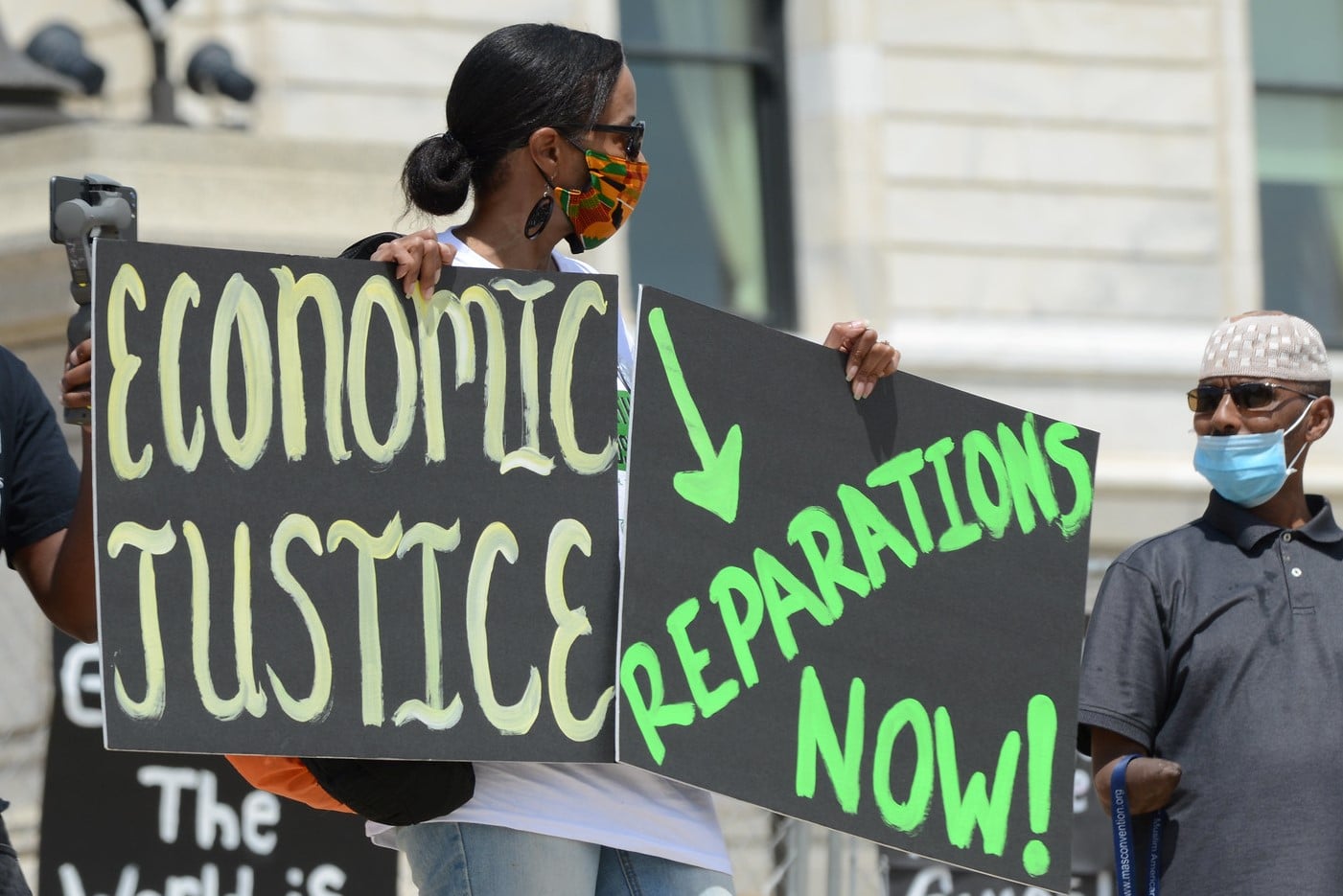
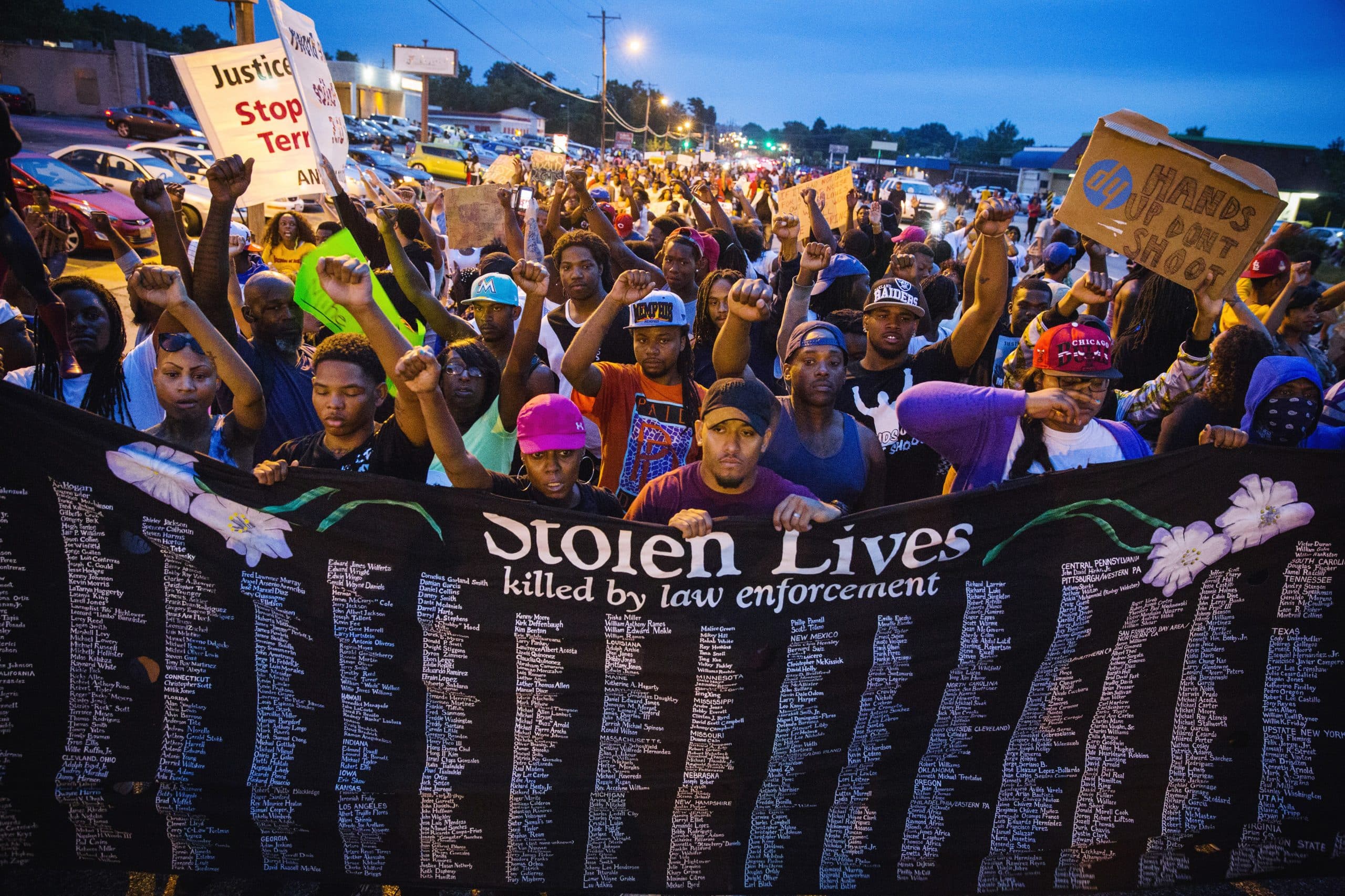
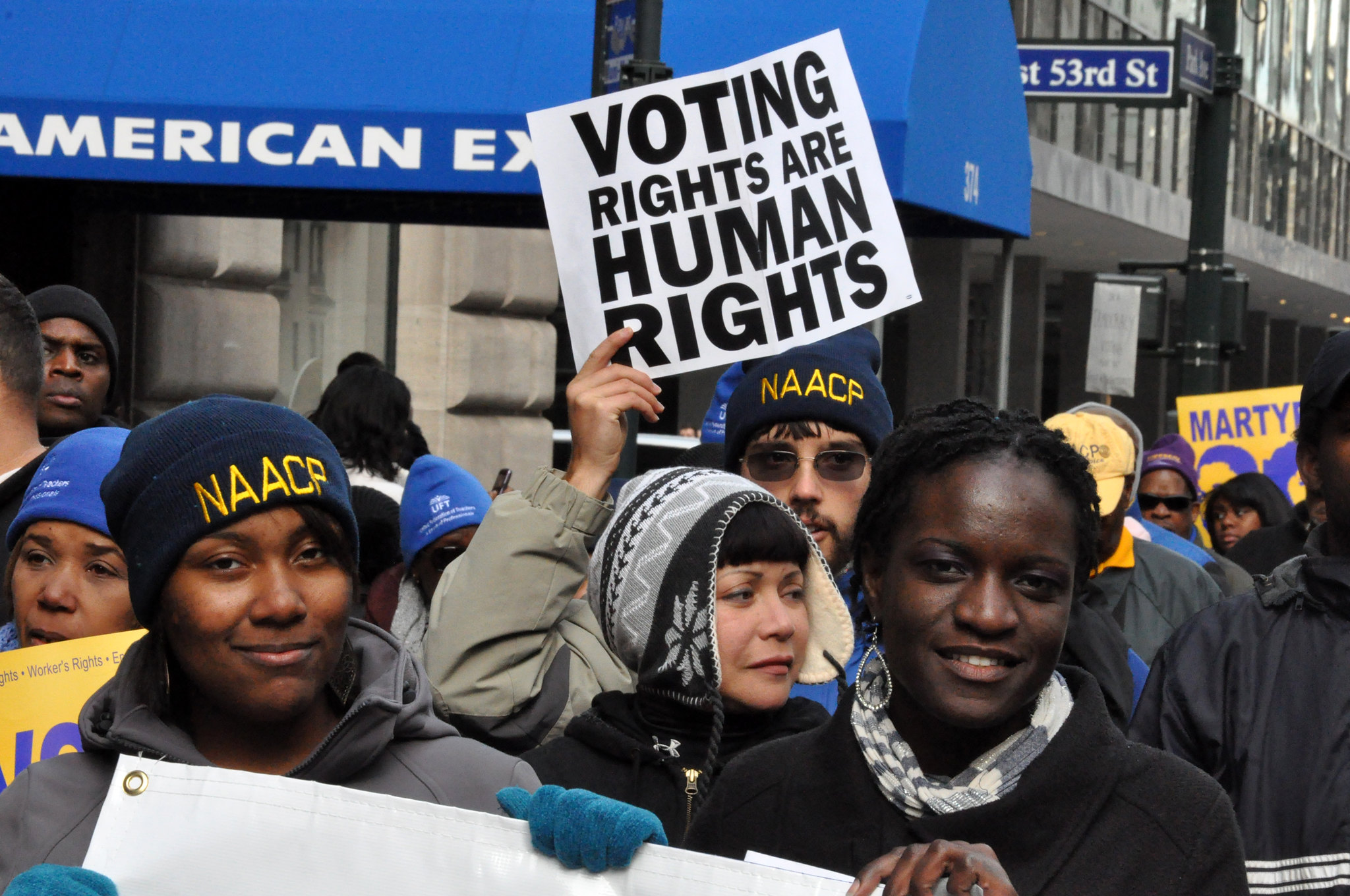
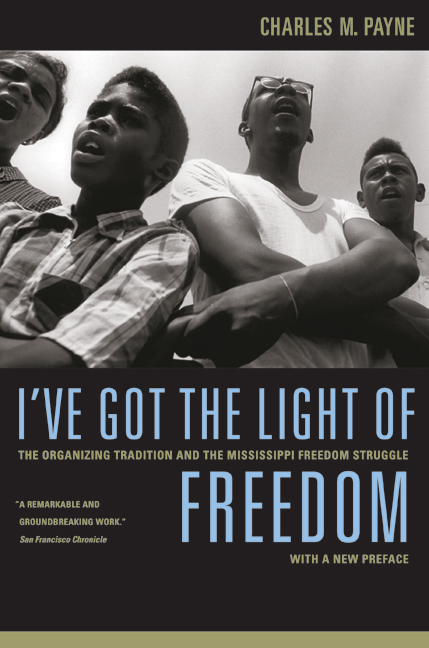


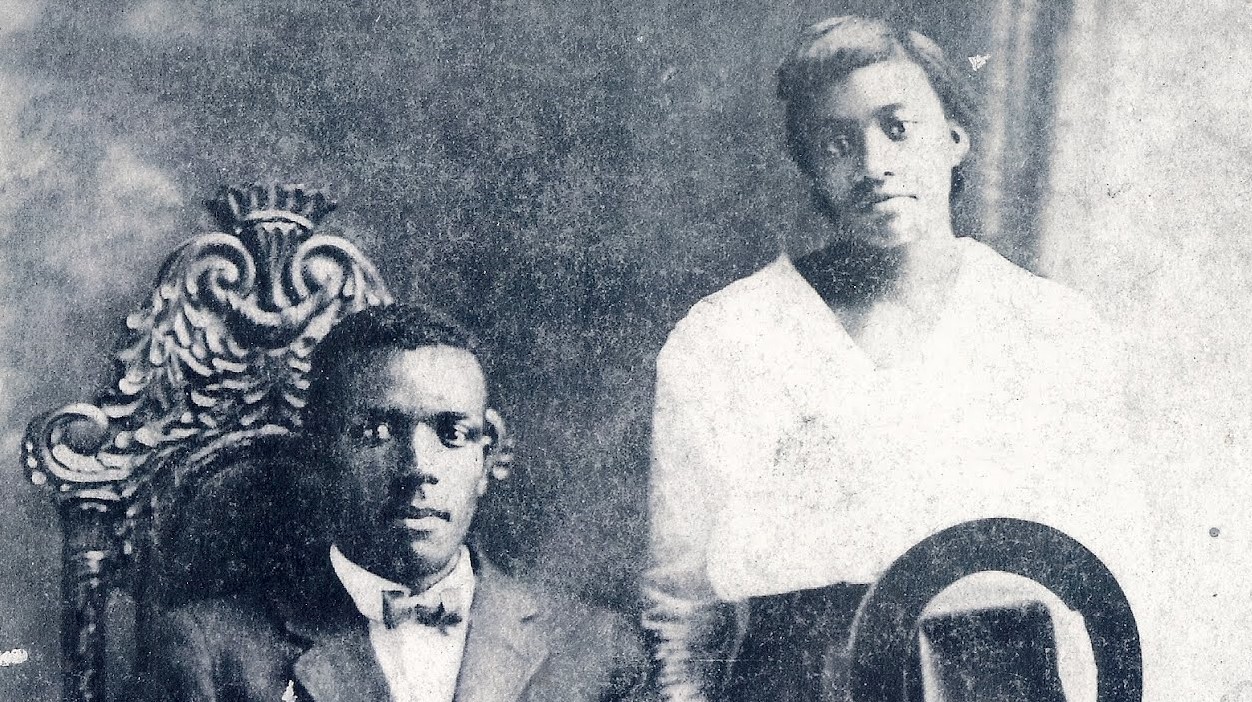
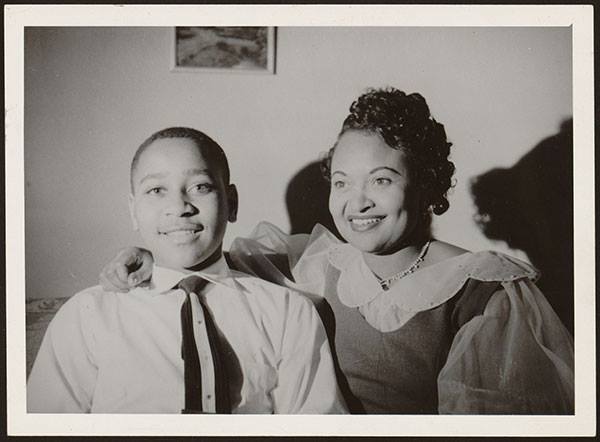
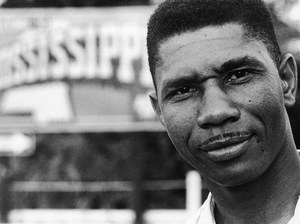
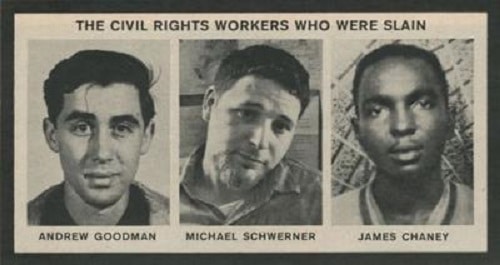
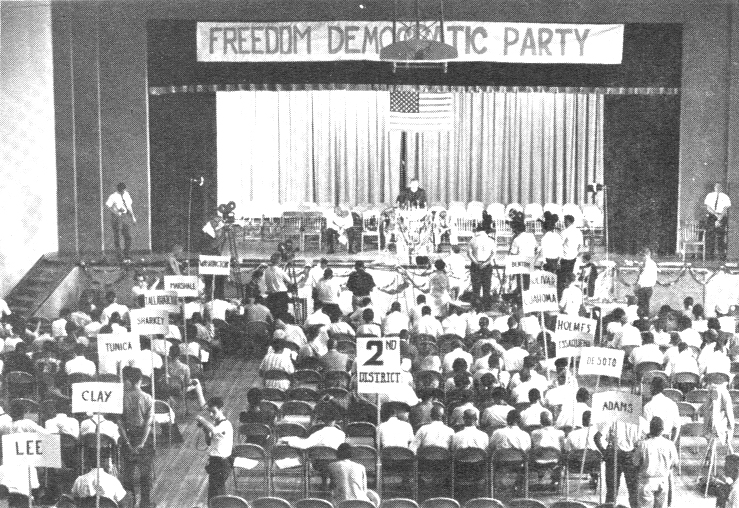

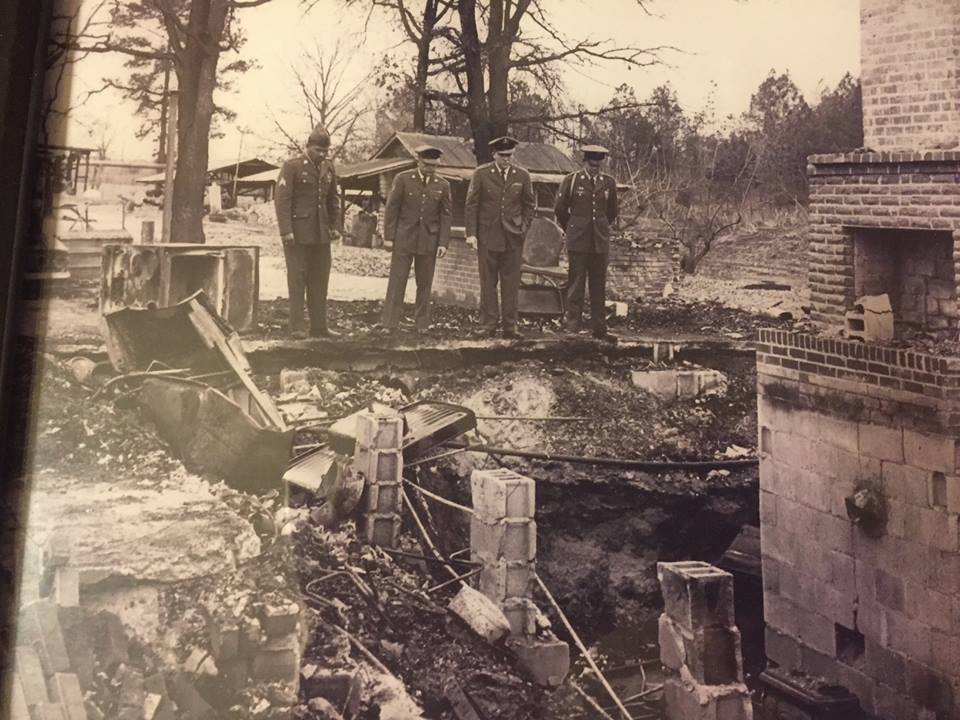





Twitter
Google plus
LinkedIn